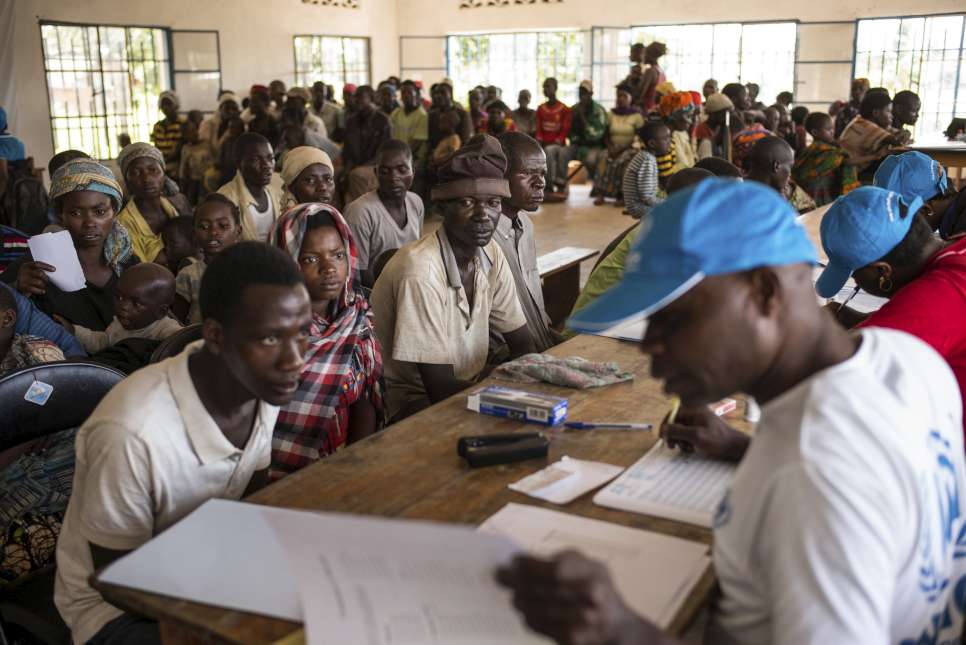Registration
Registration, by providing a record of their status, helps protect refugees against refoulement (forced return), arbitrary arrest and detention. It can give them access to services or assistance and can foster freedom of movement to make them more independent. Registering children helps prevent military recruitment, keeps families together and assists UNHCR in reuniting separated children with their families. UNHCR advocates that all refugees and asylum seekers be registered individually.
The registration of people, which includes details of the reasons they have sought asylum, is essential for identifying those for whom resettlement or local integration, rather than repatriation, are the most appropriate solutions.
Since 2004, the process has been facilitated by the introduction of proGres, a UNHCR database application that is now in use in more than 70 countries and contains not only written details of individuals, but also their photos. While registration of refugees and asylum seekers remains the responsibility of host states, UNHCR assists them when needed.
The refugee agency is setting up a project to improve proGres and make it more effective for operational needs. This will ensure that this valuable tool continues to play a key role in the protection of refugees and asylum seekers.
Registration Handbook
Procedures for registration, population date management and documentation.
Additional Documents on Registration
- Registration of Afghans in Pakistan Oct 15, 2006 - Feb 15, 2007: Top 26 Camps (Population more then 10,000 Individuals) 5 Aug 2007
- UNHCR and International Protection: A Protection Induction Programme. Chapter 4: Access to Asylum, Registration and Quality Protection 30 Jun 2006
- Procedural Standards for Refugee Status Determination under UNHCR's Mandate: Unit 3: Reception & Registration in RSD Operations 1 Sep 2005


